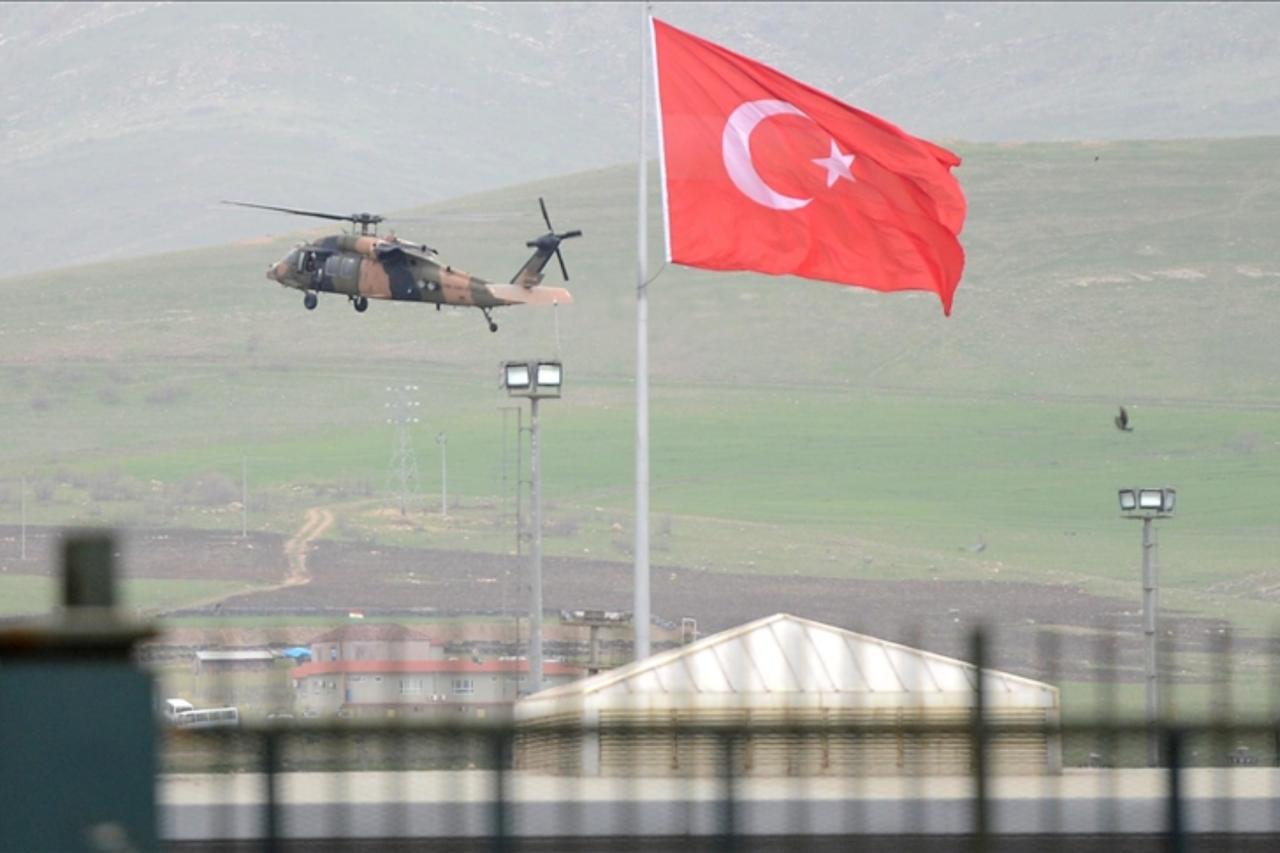
The Development Road project is rapidly progressing toward implementation as one of Iraq’s largest strategic initiatives, aiming to connect the Arabian Gulf to Europe through Turkish territory over a distance exceeding 1,200 kilometers.
According to data from Iraq’s Ministry of Transport, 60% of the project’s strategic designs and maps have been completed, paving the way for the first phase of implementation before the end of this year.
Cooperation between Baghdad and Ankara has focused on enhancing border linkage and finalizing the commercial corridor’s entry point. In recent weeks, joint technical meetings have been held to discuss connection mechanisms and coordination between the two countries.
Preparations are also underway to launch the international investment phase, targeting infrastructure and port companies, while strengthening cooperation between Iraq and Türkiye in the transport and energy sectors.
The project is expected to become a key economic and logistical hub by developing ports, transport networks, railways, and highways, in addition to opening doors for significant foreign investments in transport and logistics services. It leverages Iraq’s strategic geographic location, linking its southern regions with the Turkish border to the north.
The official spokesperson for Iraq’s Ministry of Transport, Maytham Al-Safi, stated that the ministry has completed reviewing the project’s financial and economic model in coordination with Oliver Wyman consultancy, ahead of presenting it to the Iraqi Prime Minister during the Higher Committee meeting for the project.
This is part of ongoing preparations to launch the international investment phase, which will enhance the Iraqi-Turkish partnership in this vital project.
Al-Safi told Al-Araby Al-Jadeed that the Ministry of Transport is working to accelerate coordination with technical partners and international consultants to ensure the project is presented in its full scope to the international community.
This aims to reflect Iraq’s new image as an attractive investment destination and to lay the foundation for a different economic phase based on diversification and commercial openness.
He added that recent weeks have seen joint technical meetings between Baghdad and Ankara to discuss border linkage mechanisms and finalize the commercial corridor’s entry point in preparation for launching the project’s international investment phase.
Turkish economic researcher Anwar Demir described the Development Road project as a strategic opportunity for both Iraq and Türkiye to strengthen their economic partnership and expand cooperation in energy, trade and logistics sectors.
Speaking to Al-Araby Al-Jadeed, Demir emphasized that the project is not merely a transport corridor but an integrated investment platform that will help attract international capital and link Iraqi ports to European markets through Turkish territory.
According to Demir, the current phase of the project has seen the completion of the financial and economic model in collaboration with the American firm Oliver Wyman, paving the way for the launch of the first implementation phase and the upcoming announcement of the international investment phase.
He stressed Türkiye views the project as a key pillar to reactivate and expand the Kirkuk-Ceyhan pipeline within a framework that includes oil, gas, and electricity, potentially transforming Türkiye into a major regional transport hub.
Demir pointed out that ongoing coordination between Baghdad and Ankara will open opportunities for Turkish companies to participate in infrastructure and port projects, turning the Development Road into an economic and commercial axis that reflects a genuine strategic partnership between the two countries.
He noted that the project goes beyond transport and infrastructure, opening new horizons for regional cooperation, especially in energy, and represents a chance to establish a long-term partnership that prevents legal disputes and builds a comprehensive framework for cooperation in oil and gas matters.